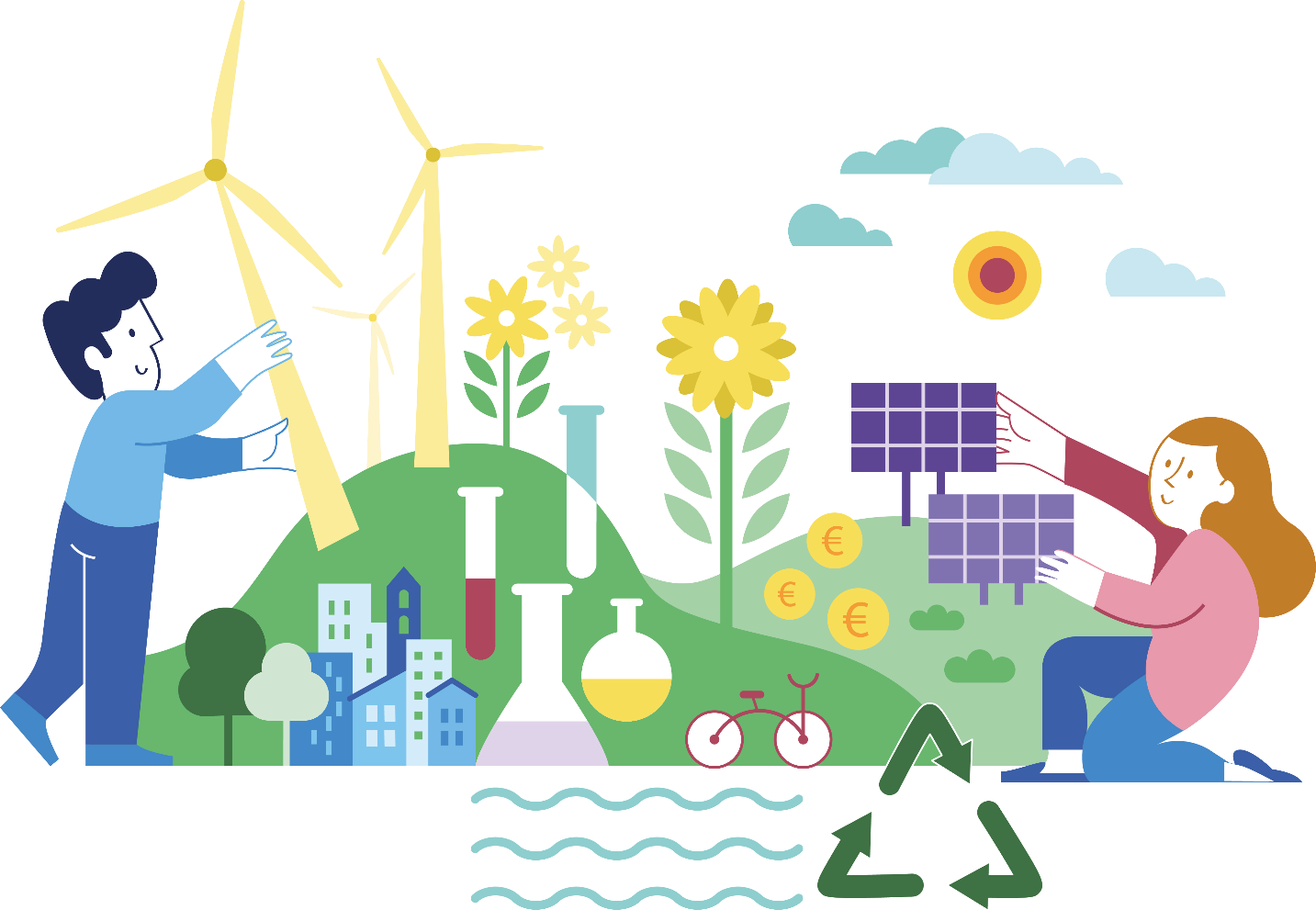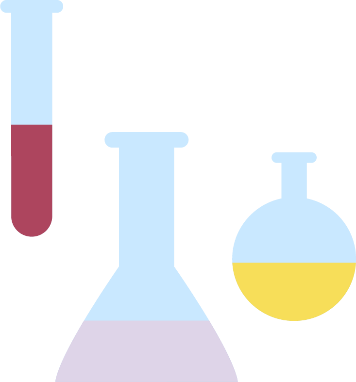Contributing to a Sustainable and Green Economy
Climate change and environmental degradation pose urgent global threats and the biopharmaceutical industry has a role to play by both understanding and improving the interface between people, health and the environment.1 Pfizer recognizes the profound societal and public health impacts that are expected to result from environmental issues. Our company purpose – Breakthroughs that change patients’ lives – guides our environmental sustainability priorities, with a focus on climate impact mitigation, conservation of resources and the reduction of waste arising from our operations. More information on our environmental commitments can be found in Pfizer’s 2020 ESG Report and in our Climate Change Position Statement.

What is the role of the biopharmaceutical industry?
Industry, government and citizens have a collective responsibility to be good stewards of the environment and collaborate to overcome environmental challenges. Partnering with multi-lateral organisations, including OECD and WHO, and using the European Green Deal as a roadmap, industry, government and the public have an opportunity to collaborate in order to translate these environmental challenges into opportunities to transform Europe into a more modern, resource-efficient and competitive economy. Through innovative processes, policies and commitments, our industry can contribute to a sustainable, green economy and simultaneously protect the environment and communities in which we live and operate.
For example, the experience of Sweden as regards integration of sustainability criteria into public procurement could be expanded at the EU level with a robust discussion on the most effective criteria to be considered. The Swedish Association of Local Authorities and Regions’ Pharmaceutical Committee lists recommended pharmaceuticals for County Councils to consider for procurement. When multiple pharmaceuticals have the same human health benefits and quality, the environmental impact is factored into the decision.2
How is Pfizer contributing to a sustainable and green economy in Europe?

-
By helping to mitigate climate change and its impacts. Since 2001, through successive goal periods, we have reduced our greenhouse gas emissions by more than 60%. By 2030, we aim to become carbon-neutral across our internal operations.

-
By minimising the environmental impact of our products and processes, advancing stewardship across the supply chains and lifecycles of our products. For example, recognizing the threat to human health from antimicrobial resistance (AMR), we remain committed to the AMR Industry Alliance Roadmap demonstrating the responsible manufacturing of our products and to providing greater transparency to our actions. Our progress in driving a responsible manufacturing strategy, including risk assessments against science-based discharge targets, was positively recognized through the 2020 Access to Medicine AMR Benchmark.

-
By sustainably managing our use of water as a resource. We exceeded our 2020 water withdrawal goal, delivering a 19% reduction from a 2012 baseline.

-
By implementing robust waste reduction programmes.We achieved a 15% reduction in the 2012-2020 period.
Pfizer has also contributed to the development of the industry’s European “Eco Pharmaco Stewardship (EPS)” approach, a self-regulation initiative around pharmaceuticals in the environment which takes a life-cycle approach from research to medicines disposal.3 As the European Commission implements its Pharmaceutical Strategy, notably to strengthen the EU’s environmental risk assessment (ERA) process, we believe that our industry’s proposed ‘extended’ ERA’ proposal could help achieve the twin goals of increasing environmental sustainability of medicines without hindering access for patients.
Policy Recommendations for EU Policy-Makers
- Implement incentives for the innovative biopharmaceutical industry to accelerate the transformation of business and industrial development, remove economic and regulatory barriers and promote investments, demand and awareness to facilitate climate action and environmental impact reduction.
- Start a robust dialogue at European-level on how the environmental factors of a medicine – from production emissions to sustainable packaging – can be considered when evaluating a medicine’s value proposition to communities and society at large.
- Implement the industry’s proposed ‘extended’ Environmental Risk Assessment approach as part of the upcoming revision of the basic pharmaceutical legislation.